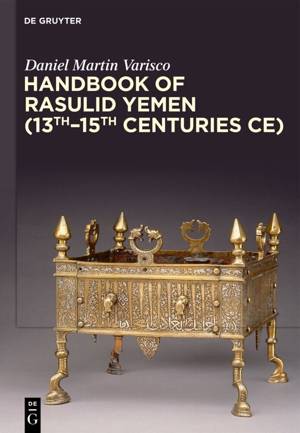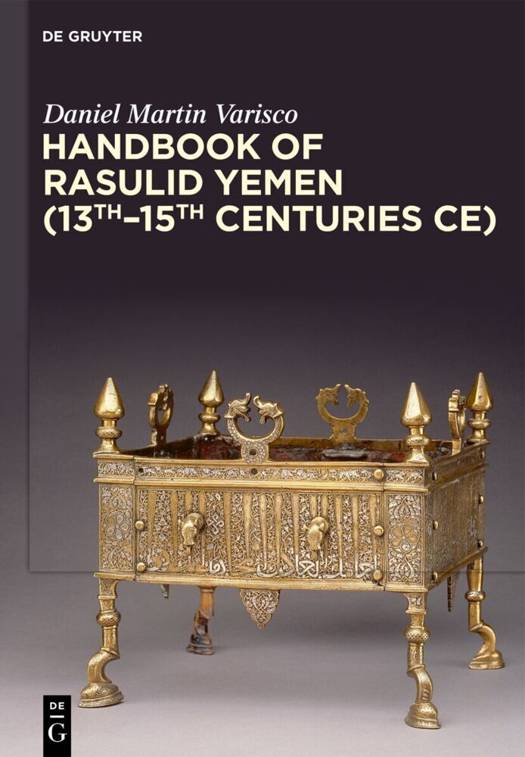
Bedankt voor het vertrouwen het afgelopen jaar! Om jou te bedanken bieden we GRATIS verzending (in België) aan op alles gedurende de hele maand januari.
- Afhalen na 1 uur in een winkel met voorraad
- In januari gratis thuislevering in België
- Ruim aanbod met 7 miljoen producten
Bedankt voor het vertrouwen het afgelopen jaar! Om jou te bedanken bieden we GRATIS verzending (in België) aan op alles gedurende de hele maand januari.
- Afhalen na 1 uur in een winkel met voorraad
- In januari gratis thuislevering in België
- Ruim aanbod met 7 miljoen producten
Zoeken
Omschrijving
This book is a comprehensive guide to the primary sources and scholarship on Yemen's Rasulid dynasty (13th-15th centuries CE). The Rasulids were rivals of the Egyptian Mamluks for influence in Mecca and control over the trade route through the Red Sea. The Yemeni port of Aden was an important entrepôt along the extensive Red Sea and Indian Ocean trade network. The topics covered include geography of their realm, political history and administration, diplomatic relations with the Mamluks and other governments, trade and sailing seasons through Aden, weights and measures of Yemen, relations with the Zaydi imams and a translation of a Mamluk account of early 14th century Yemen. Little attention has been paid in the field of Mamluk studies to the Rasulids, who also came into power by overcoming the Ayyubids. Beyond the chronicles and biographical texts of the period by Yemeni scholars, several of the Rasulid sultans, unlike the Mamluk sultans, were well educated and wrote on a variety of scientific topics. Three archival documents of the Rasulid court provide data on the administrative structure, taxation and customs, local production and a wide range of information that rarely finds its way into the standard historical chronicles.
Specificaties
Betrokkenen
- Auteur(s):
- Uitgeverij:
Inhoud
- Aantal bladzijden:
- 480
- Taal:
- Engels
- Reeks:
Eigenschappen
- Productcode (EAN):
- 9783111594620
- Verschijningsdatum:
- 22/09/2025
- Uitvoering:
- Hardcover
- Formaat:
- Genaaid
- Afmetingen:
- 170 mm x 244 mm
- Gewicht:
- 907 g

Alleen bij Standaard Boekhandel
+ 333 punten op je klantenkaart van Standaard Boekhandel
Beoordelingen
We publiceren alleen reviews die voldoen aan de voorwaarden voor reviews. Bekijk onze voorwaarden voor reviews.









